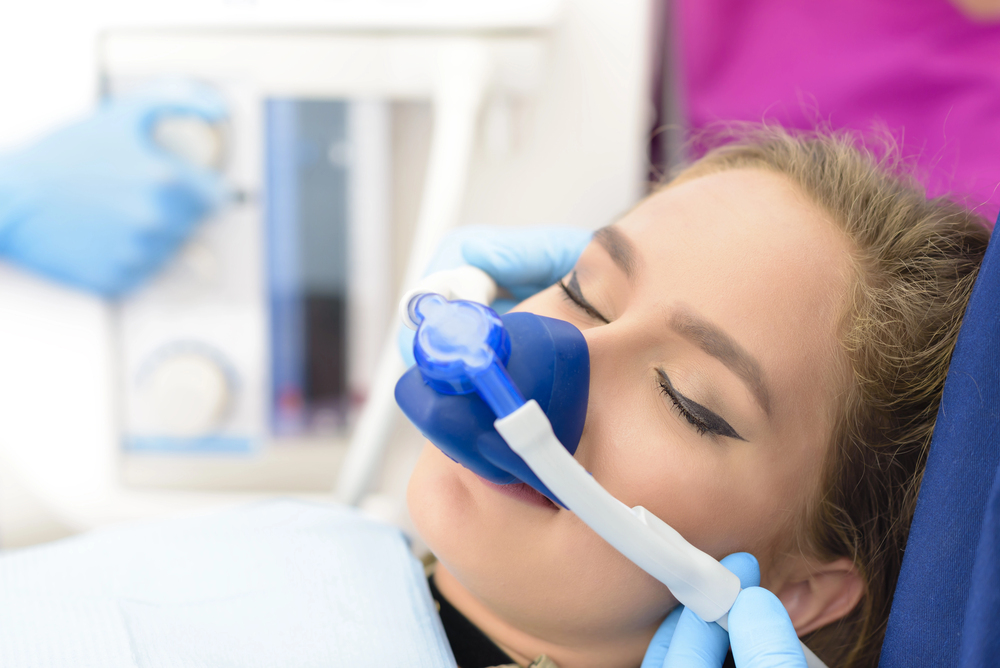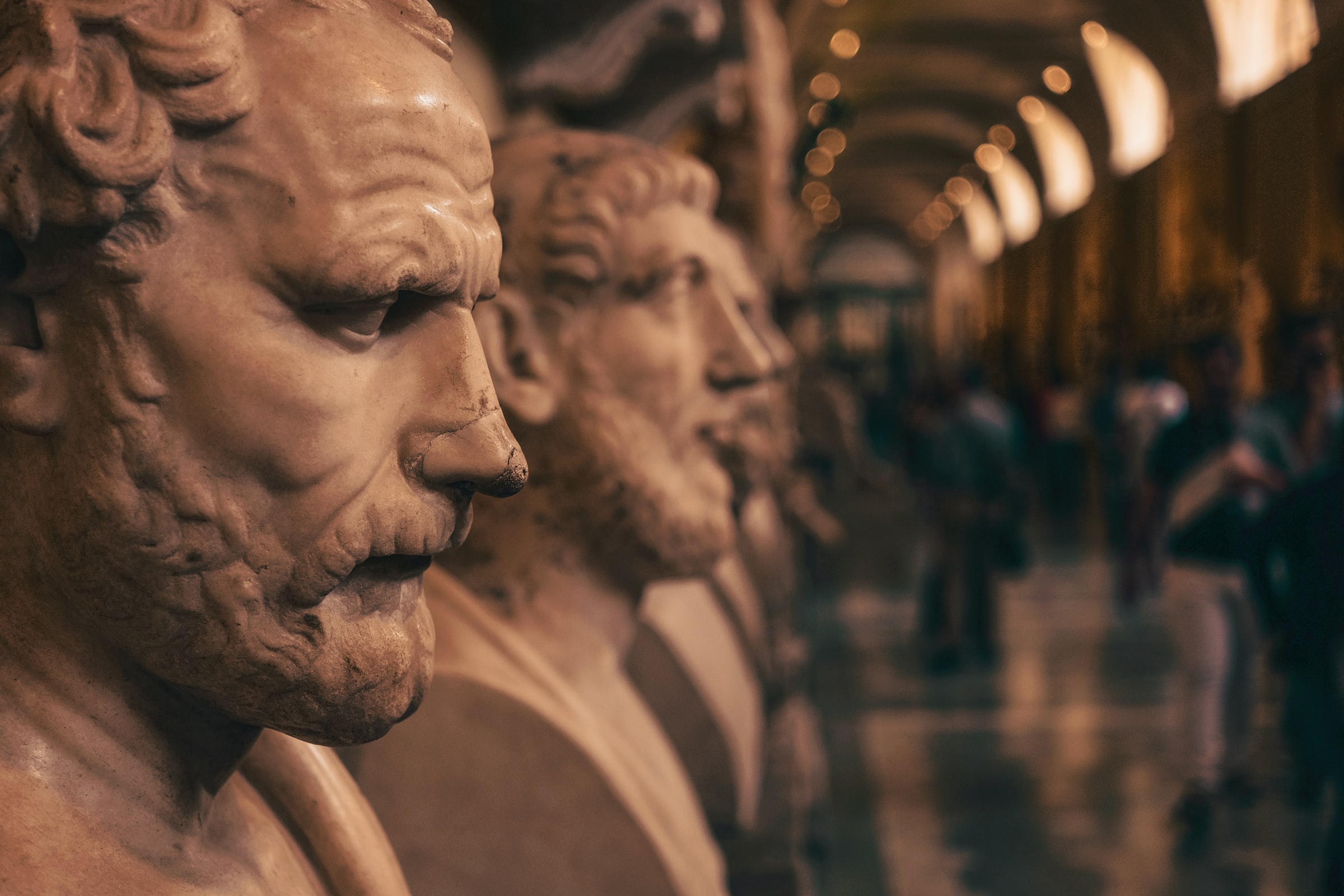
Does the thought of sitting in a dental chair make your heart race? If so, you’re not alone! Many people feel anxious about dental visits, but thanks to sleep dentistry at Magic Smiles Dental and Implant Centre, there’s a relaxing solution. Sleep dentistry, also known as sedation dentistry, is a game-changer for nervous patients, making dental care more approachable and less stressful.
If you want to make dental visits more tolerable, talk to our dentists in Woolgoolga and Coffs Harbour, NSW. We can help you explore options that make even simple visits more enjoyable. Call us at (02) 6652-3242 or (02) 6654-0650 to get started!
While sleep dentistry is common, many patients wonder exactly how sedation works to calm their nerves. So, in today’s blog, let’s dive into the science behind it!
What Is Sleep Dentistry?
Sleep dentistry uses specialized medications to help patients relax during dental procedures. While the term might make you think you’ll be completely knocked out, that’s not always the case! There are different degrees of sedation, ranging from light relaxation to deep sleep. Most of the time, patients remain awake but feel so relaxed that they barely notice what’s going on.
How Does Sedation Work?
Sedation in sleep dentistry works by targeting the central nervous system, which is the body’s command center. Depending on the type of sedation used, these medications can either mildly relax you or completely shut down awareness. Here are some of the common types of sedation used in dental offices:
Nitrous Oxide (Laughing Gas)
This is one of the lightest forms of sedation, which is why dentists often use it for simple dental procedures. Nitrous oxide enters the bloodstream through inhalation, allowing it to work on the brain’s receptors, reducing anxiety and pain perception.
You’ll feel light, giggly, and calm, which is why nitrous oxide has earned the nickname of “laughing gas.”
Oral Sedation
Taken as a pill, oral sedation helps patients feel more relaxed without fully putting them to sleep. These medications, usually from the benzodiazepine family (like Valium or Xanax), act on the brain by increasing the effects of a neurotransmitter called GABA.
Oral sedation has a calming effect, making you feel at ease during the entire procedure.
IV Sedation
This form of sedation works faster because it’s delivered intravenously, which means it is injected directly into the bloodstream. It’s great for longer or more complex procedures, providing deeper relaxation.
With IV sedation, patients often feel drowsy and may not remember much of the appointment afterward – perfect for those who want to “sleep” through it!
The Body’s Response to Sedation
When you undergo sleep dentistry, your body undergoes some fascinating changes. The medication works by slowing down your brain’s activity, lowering anxiety, and dulling your sense of awareness.
It also slows down your body’s reflexes, meaning you’re less likely to react to discomfort. Your muscles relax, and your heart rate steadies. All of this allows our dentists to work on your teeth while you stay calm and carefree.
Is Sleep Dentistry Safe?
Yes! Sleep dentistry is very safe when administered by trained professionals. Dentists carefully monitor your vital signs throughout the procedure, adjusting the degree of sedation if needed. The goal is to keep you comfortable while ensuring you’re not overly sedated.
Explore Sleep Dentistry at Magic Smiles Dental and Implant Centre
From simple cleanings to more involved treatments, sedation makes dental visits smooth and pleasant. If you’ve ever postponed a dental appointment because of fear, sleep dentistry at Magic Smiles Dental and Implant Centre might be the perfect solution. Contact our dentists in Woolgoolga and Coffs Harbour, NSW, online to schedule a sleep dentistry appointment today!





Recent Comments